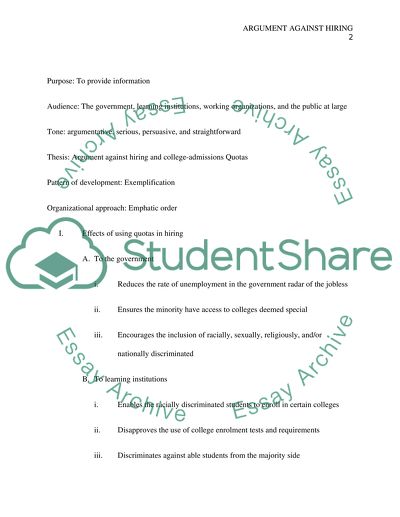Cite this document
(“Argument against Hiring and College-Admissions Quotas Essay”, n.d.)
Argument against Hiring and College-Admissions Quotas Essay. Retrieved from https://studentshare.org/education/1469963-argument-against-hiring-and-college-admissions
Argument against Hiring and College-Admissions Quotas Essay. Retrieved from https://studentshare.org/education/1469963-argument-against-hiring-and-college-admissions
(Argument Against Hiring and College-Admissions Quotas Essay)
Argument Against Hiring and College-Admissions Quotas Essay. https://studentshare.org/education/1469963-argument-against-hiring-and-college-admissions.
Argument Against Hiring and College-Admissions Quotas Essay. https://studentshare.org/education/1469963-argument-against-hiring-and-college-admissions.
“Argument Against Hiring and College-Admissions Quotas Essay”, n.d. https://studentshare.org/education/1469963-argument-against-hiring-and-college-admissions.


